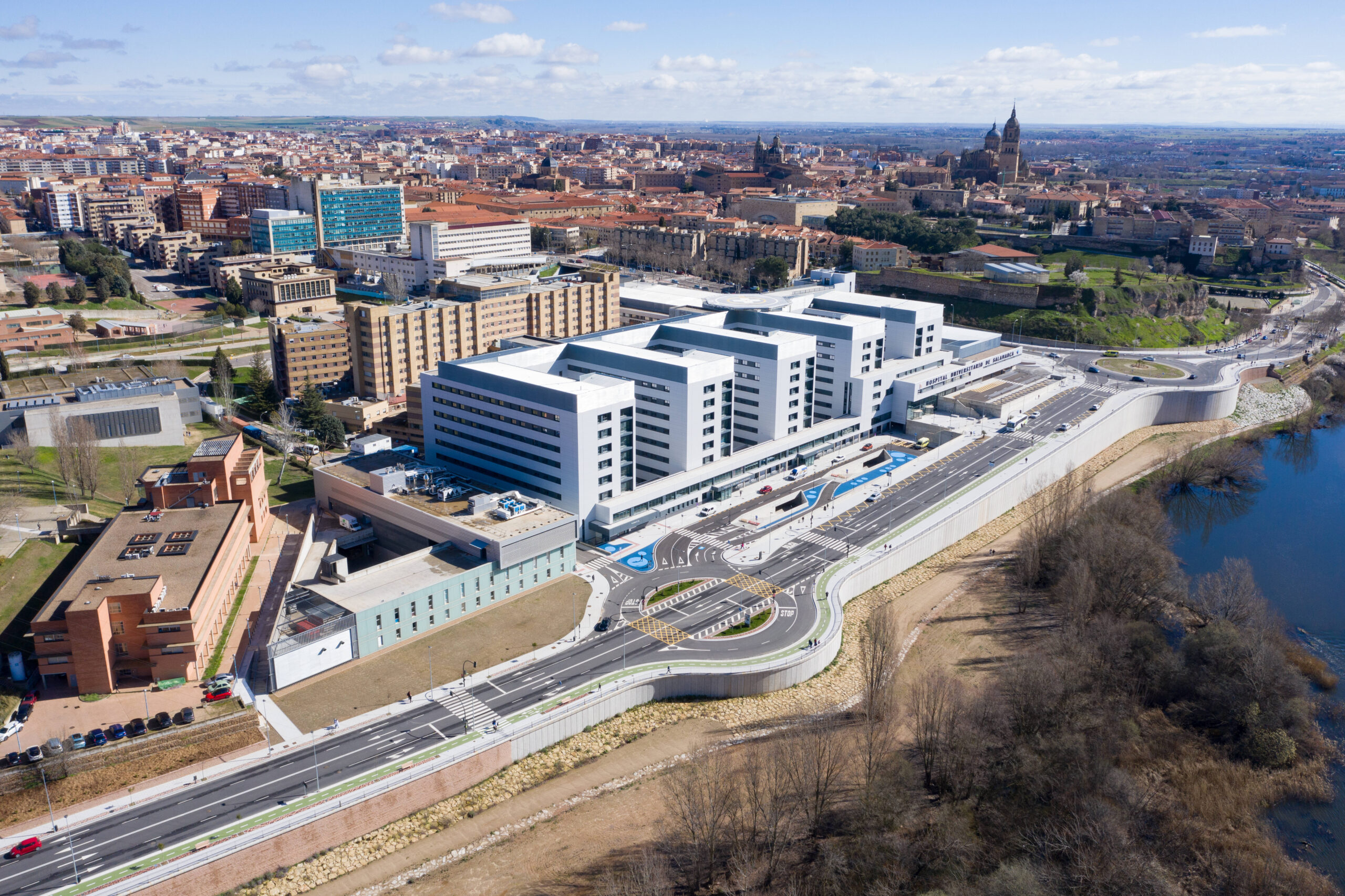Spain: leader in advanced therapies
GPI Iberia is the protagonist of a new project to implement an informatic system for the management of advanced therapies at the University Hospital of Salamanca.
Spain is considered one of the leading countries in this field of medicine. It leads the number of clinical trials of advanced therapies in the world and is fifth in the number of scientific publications in the field of cell therapy with respect to GDP.
The University Hospital of Salamanca becomes part of the national network of centers that will use these therapies and that will provide assistance to all patients of the National Health System. Thus, this hospital will be a reference in personalized and precision medicine and will manufacture its own CAR-T in the advanced cell therapies unit.
Advanced therapies: what they are and what their procedures is.
Advanced therapies are a group of innovative medical treatments that use biotechnology- and genetics-based approaches to treat various diseases and conditions more effectively than conventional methods. These therapies leverage knowledge in areas such as gene therapy, cell therapy, immunotherapy, and regenerative medicine to offer new treatment options.
These advanced therapies represent a significant advance in medicine and have the potential to revolutionize the treatment of a wide range of diseases, including genetic diseases, autoimmune disorders, cancer and traumatic injuries. However, they can be expensive and complex to implement, and they are often subject to rigorous clinical trials and regulations to ensure their safety and effectiveness.
The procedure for using these new therapies is based on T cells, which are extracted in the laboratory from the patient’s blood and, subsequently, the gene for a special receptor is added that binds to a certain protein on cancer cells of the person to be treated. This special receptor is called the Chimeric Antigen Receptor (CAR). Large quantities of CAR T cells are then produced in the laboratory and given to the patient by infusion.
The general objective is to guarantee the use of CAR medicines in a planned, equitable, safe and efficient manner. As well as promoting public research into these medicines under conditions that guarantee quality, safety and efficacy standards, also including efficiency among its general principles.
Current Scenario.
Thus, after the evaluation carried out, the Ministry of Health has designated the University Hospital of Salamanca as a center belonging to the network of centers designated for the use of CAR-T medications in the National Health System in the two indications for adult patients: Refractory B-cell acute lymphoblastic leukemia and relapsed or refractory diffuse large B-cell lymphoma.
The University Hospital of Salamanca is, therefore, part of the network of centers for the treatment of adults and for pediatric cases that will provide assistance and treatment to all patients of the National Health System


